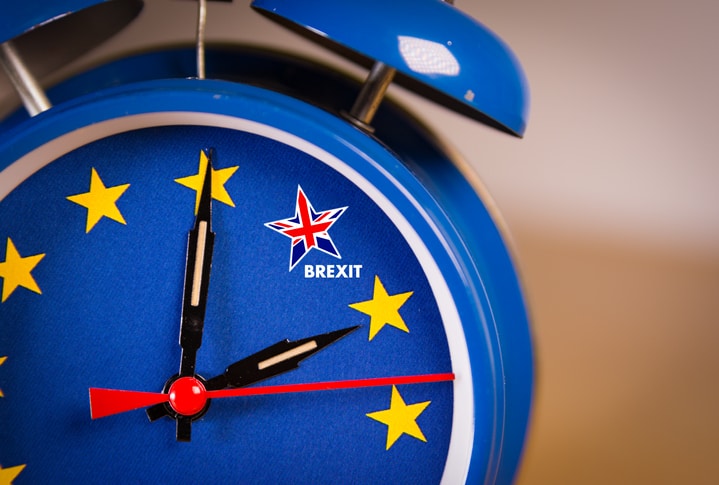Three-and-a-half years of Brexit-related tension has given way to a strange calm at the start of 2020. European Union membership will end in a fortnight, but those fearful of what this means in the near term and beyond are keeping quiet.
I don’t expect this to last. Coming out of the continental trading block is just step one of the Brexit odyssey. Next up comes the business of carving out tough trade negotiations, a process that could take years to complete. Anyone expecting the huge uncertainty that has blighted economic growth to end on 31 January is likely to end up sorely disappointed.
Sales slump
Britain’s retail sector has been one of the biggest casualties of this political and economic uncertainty. Reduced consumer confidence has hastened the number of high-profile closures over the past year, with Mothercare the latest to shutter all of its UK stores last week and reports just emerging that 140-year-old department chain Beales is on the verge of extinction, too.
The Conservatives’s ‘Get Brexit Done’ election slogan clearly struck a chord with a weary British public looking to move on from the summer of 2016. Though it seems as if few expect the chapter to be sewn up any time. Indeed, Office of National Statistics numbers released today suggests that citizens continue to guard themselves against any possible Brexit-related turbulence.
These official numbers showed retail sales in the UK drop 1% (by quantity) between October and December vesus the previous three months. As Howard Archer of EY Club comments, this is the weakest rise since the first quarter of 2017.
And sales in December dropped 0.6% month on month, following on from a 0.8% dive in November. Monthly sales have not risen since July, either, making it the worst run of form since the record began in 1996.
Big worries
The outlook for the UK’s embattled retailer sector seems to be going from bad to worse, then. This is a major worry for shopping centre operators like British Land Company (LSE: BLND), naturally. This is a firm that saw pre-tax losses balloon to £404m between April and September, from £48m a year earlier.
City brokers expect the FTSE 100 firm’s earnings to slip 6% in the full fiscal year to March. I fear, though, that this consensus prediction could be downgraded as the number of retailers asking for rent reductions and/or companies going to the wall rises. And the same goes for fiscal 2021, too.
Continued Brexit uncertainty also threatens to constrain demand for British Land’s office spaces. According to the CBRE, total investment in Central London office buildings crashed 36% in 2019 to £11.3bn. It seems as though investors are less than assured by the possible returns on offer here, too.
Despite its high risk profile, however, British Land is hardly cheap right now. The property play deals on a forward price-to-earnings ratio of 18 times, and this leaves it in danger of a sharp share price reversal in 2020. Forget its 5.3% dividend yield, I say. I’m avoiding it like the plague and reckon that you should, too.








